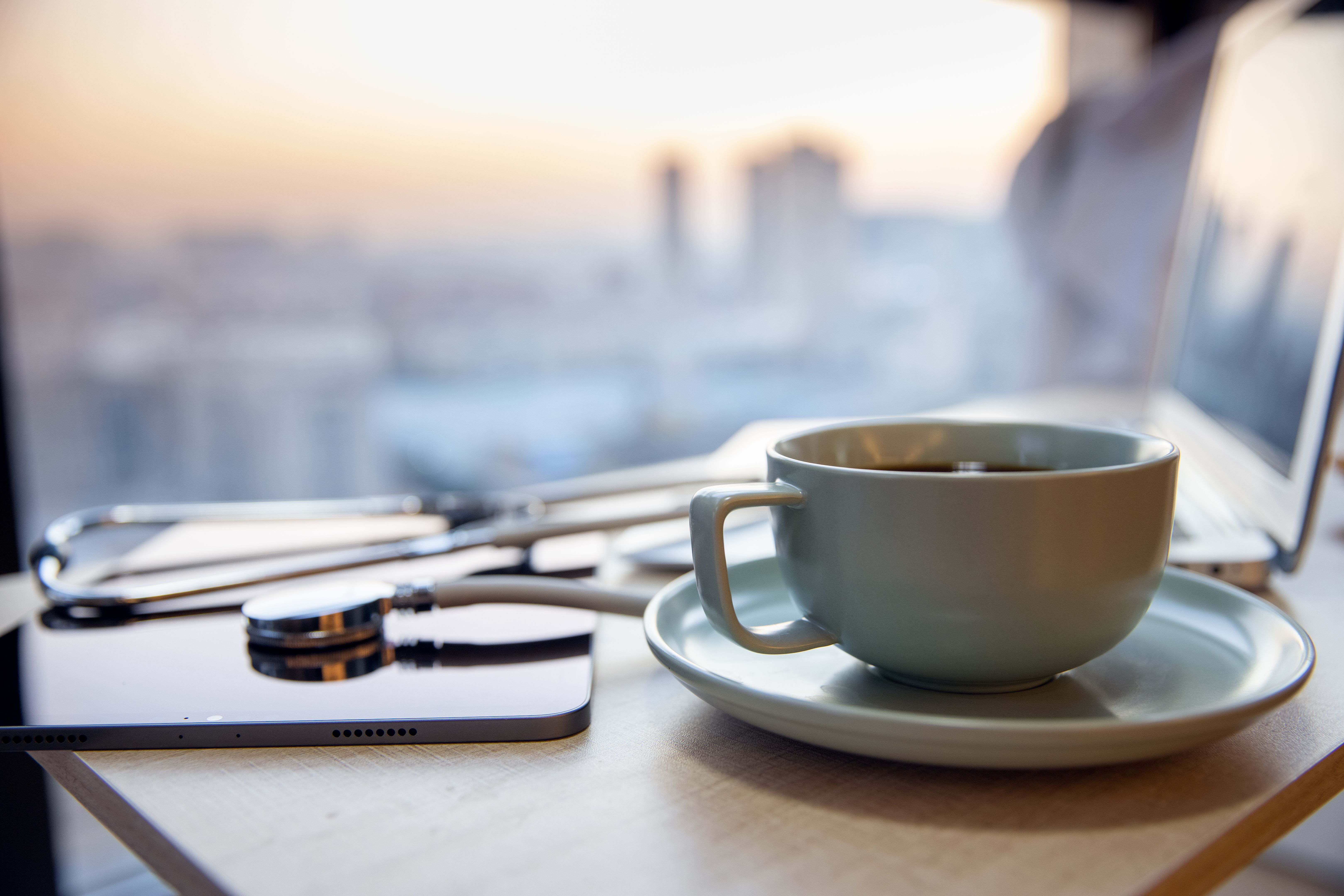Optimal Coffee-Drinking Times to Reduce Early Death Risk: Insights from Recent Study
The Science Behind Coffee Timing
Recent research has shed light on a fascinating correlation between coffee consumption timing and reduced risk of early mortality. While coffee is a beloved beverage worldwide, understanding the optimal times for consumption could enhance its health benefits. The study suggests that timing plays a crucial role in maximizing the positive effects of coffee on your health.

Morning Coffee: A Double-Edged Sword?
Many of us start our day with a steaming cup of coffee. However, the study indicates that consuming coffee immediately upon waking might not be the best strategy. The body's cortisol levels are naturally higher in the morning, which helps wake us up. Drinking coffee during this time can interfere with the body's natural rhythm.
Instead, researchers recommend waiting at least an hour after waking before having your first cup. This allows cortisol levels to decrease naturally, making coffee's caffeine more effective without disrupting hormonal balance.
Mid-Morning: The Sweet Spot
The mid-morning period, usually between 9:30 AM and 11:30 AM, has been identified as an optimal time for coffee consumption. During this window, cortisol levels begin to dip, and a caffeine boost can provide enhanced alertness and concentration. By timing your coffee intake strategically, you can harness its full potential to improve productivity and mood.

Afternoon Pick-Me-Up
Consuming coffee in the afternoon can be beneficial, but timing is key to avoiding sleep disruptions. An early afternoon cup, ideally before 2 PM, can help sustain energy levels without interfering with nighttime sleep. It's important to balance the stimulating effects of caffeine with your body's natural circadian rhythms.
Evening Coffee: Proceed with Caution
Drinking coffee in the evening is generally discouraged due to its potential to disrupt sleep patterns. Caffeine has a half-life of about 5-6 hours, meaning it can remain in your system well into the night if consumed too late in the day. For those who are sensitive to caffeine, even a late afternoon cup might affect sleep quality.

Individual Variability and Tolerance
It's important to note that individual tolerance levels vary significantly. While some people can enjoy an evening espresso without any issues, others may find it affects their sleep for hours. Paying attention to your body's responses and adjusting your coffee schedule accordingly can help maximize benefits while minimizing drawbacks.
Additional Health Considerations
Beyond timing, the study also highlights the importance of moderation. Excessive coffee consumption can lead to unwanted side effects such as anxiety and digestive issues. Experts recommend limiting intake to around three to four cups per day for most people to enjoy the health benefits without overdoing it.
- Avoid adding excessive sugar or high-calorie creamers.
- Consider incorporating decaffeinated options later in the day.
- Balance coffee intake with other hydrating beverages like water or herbal teas.
The Takeaway
Optimizing your coffee-drinking times can significantly impact your overall health and wellbeing. By aligning your consumption with natural biological rhythms and being mindful of individual tolerance levels, you can enjoy all the benefits coffee has to offer while reducing the risk of early death. As always, moderation and awareness are key components of a healthy lifestyle.
